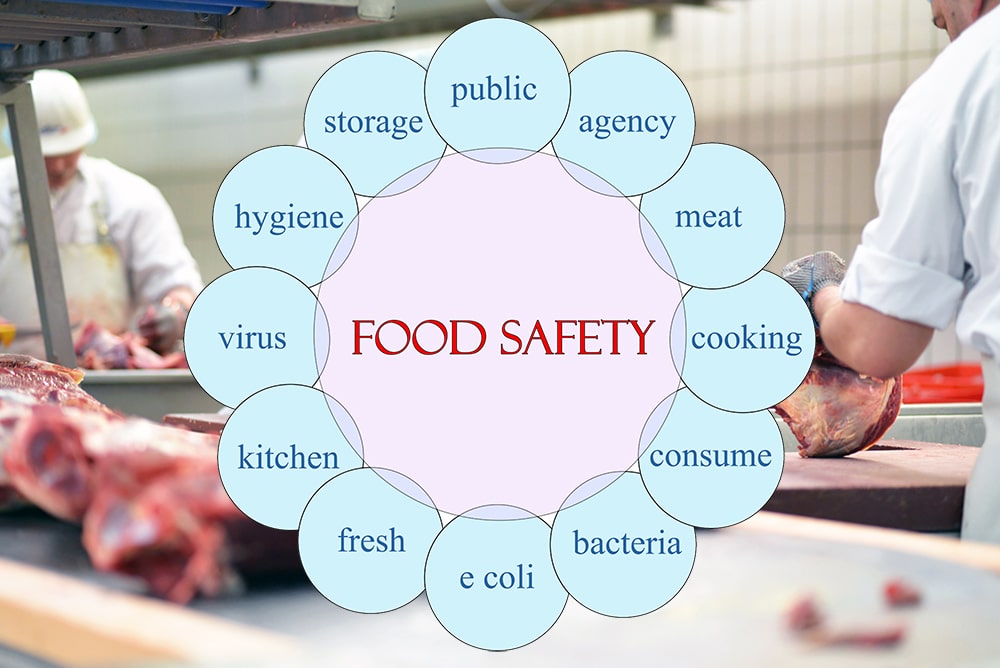Running a hospital is all about ensuring the safety of your patients. In your food service department, one of the most important ways to do this is by keeping your meat safe. Diseases like salmonella, E. coli, BSE, trichinosis, scrapie, and more, can already cause devastation in any environment; but in hospitals, most patients have compromised immune systems, which means things can take a turn for the worst fast. To help reduce your food service department’s likelihood of becoming ground zero for the next foodborne illness outbreak, here are some tips for keeping your meat – and your patients – safe.
Purchasing Safe Meat
- Only purchase meat from qualified and trusted vendors – and always make sure the meat you’re purchasing is as fresh as possible.
- Make sure any meat delivered to your facility was properly packaged and stored at the right temperature to avoid any potential threats that may have affected your meat in transit.
Storing Your Meat Safely
- Always make sure your meat is stored away from any other grocery items or ingredients to avoid cross-contamination.
- Always store your meat at the appropriate temperatures. To refrigerate your meat, make sure it is wrapped tightly and keep it in the coldest part of the refrigerator, or in the designated meat bin, to keep it fresh. To freeze your meat, make sure it’s in freezer-safe wrapping and store at zero degrees Fahrenheit.
- Fresh, raw meat should only be stored in a refrigerator for up to four days from purchase. Ground or organ meats should all be thrown away after two.
- Cooked meat should always be either eaten or frozen within four days, and should never be left unrefrigerated for any longer than two hours.
Preparing Your Meat Safely
- Always make sure your hands are clean and dry before, during, and after handling any type of meat. To do this, you simply need to wash your hands thoroughly for at least 20 seconds with antibacterial soap.
- Never leave frozen meat sitting out at room temperature for any length of time to defrost it – this can easily cause bacterial growth. Also make sure you only thaw meat that is ready to be cooked immediately.
- If you need to marinate your meat, always do so in the refrigerator. If you want to re-use any marinade that has already come into contact with raw meat, you must first bring the marinade to a boil to kill off any residual bacteria.
- Always make sure any prep stations and utensils used for meat are separate from your other stations. Knives, cutting boards, and other supplies used for meat preparation should never come in contact with your produce supplies.
- Always make sure your meats are cooked to the proper temperatures. All beef, veal, pork, and lamb should be at least 145 degrees Fahrenheit on the inside, when fully cooked. Ground beef should hold an internal temperature of at least 160 degrees. All poultry, including ground poultry, should be cooked until its internal temperature reaches 165 degrees. All leftovers should also be reheated to reach 165 degrees. To help you determine when your meat is fully cooked, use a food thermometer to continuously gauge your meats internal temperature.
All it takes is one mistake to cause illness in those you’re meant to protect. Follow these tips and making a greater effort to keep your hospital’s meat safe every day. Call 629.777.8989, or fill in the free consultation form in the sidebar, to learn more about how our software can positively impact the lives of the patients and visitors you service every day.








